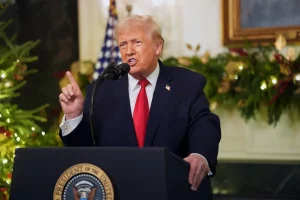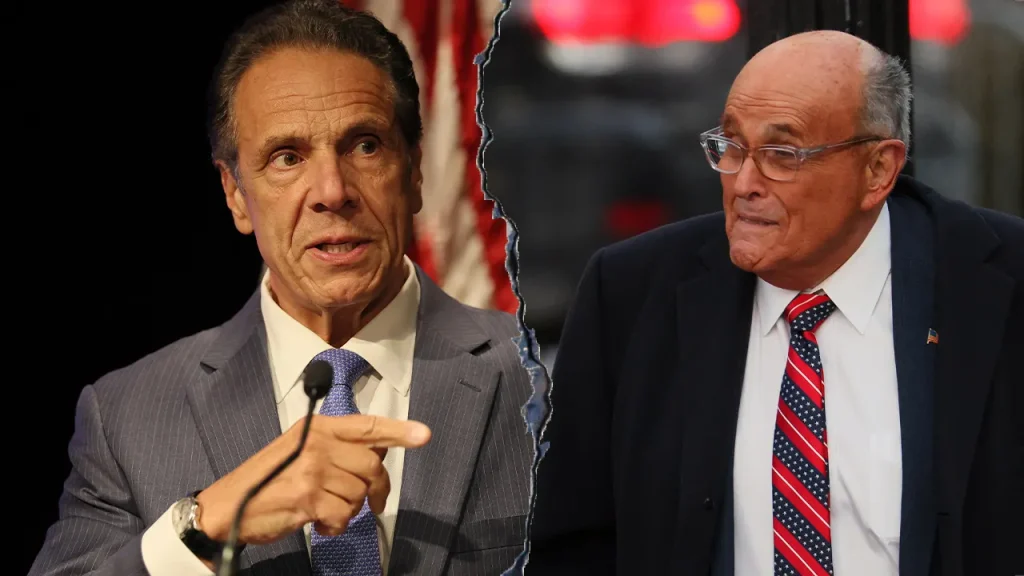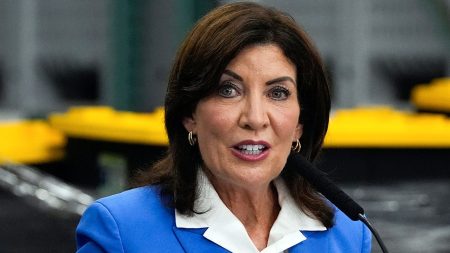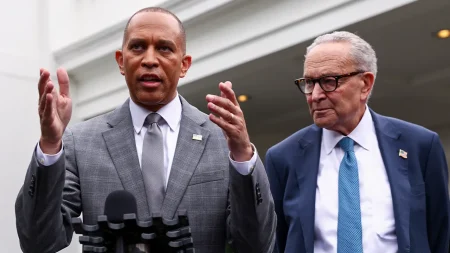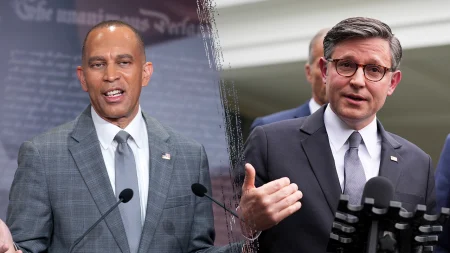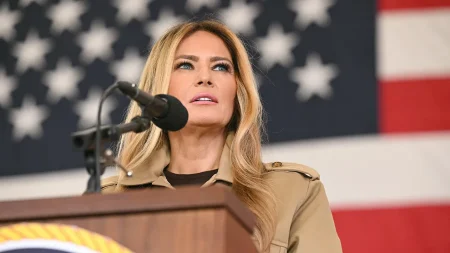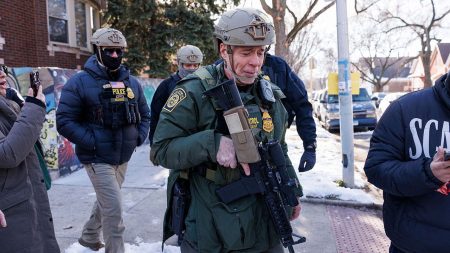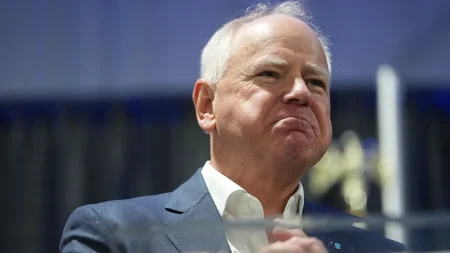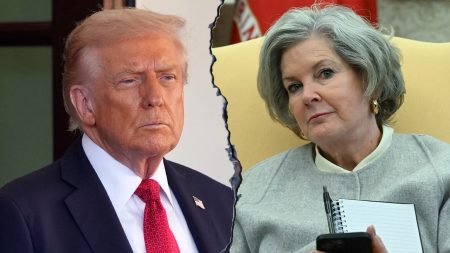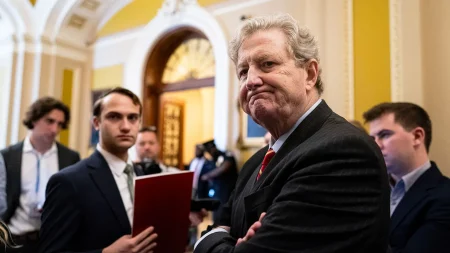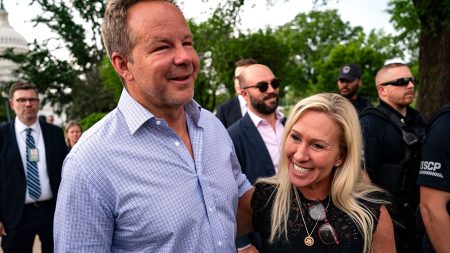Giuliani Aides Break Ranks, Support Cuomo in NYC Mayoral Race
In a surprising political development, several key aides and allies of former New York City Mayor Rudy Giuliani have opted to support Andrew Cuomo instead of Republican nominee Curtis Sliwa in the heated race for New York City mayor. This unexpected shift highlights the complex political calculations at play in one of America’s most consequential municipal elections, where concerns about socialism and pragmatic governance appear to be trumping traditional party loyalty.
Joe Lhota, who served as Giuliani’s deputy mayor and later ran as the Republican mayoral candidate in 2013, has been particularly forthright about his decision to back Cuomo. Having since changed his party affiliation to Democrat and previously worked as Cuomo’s MTA chairman, Lhota framed the mayoral choice in stark terms: “It’s a choice between a proven manager, a socialist, and a fruit loop.” His unambiguous statement—”Of course I’m going to be with Andrew”—reflects a belief that experience and managerial competence should prevail over partisan considerations. For Lhota and others making similar calculations, the stakes for New York City’s future governance seem too high for ideological purity tests.
Anthony Carbonetti, another Giuliani loyalist who served as his chief of staff and senior adviser during his 2008 presidential campaign, has similarly thrown his support behind Cuomo despite offering kind words for Sliwa as a “great New Yorker.” Carbonetti’s decision appears rooted in electoral realism rather than personal preference, asserting that the math simply doesn’t support a Sliwa victory. His primary concern centers on preventing progressive candidate Zohran Mamdani from gaining control of the city’s massive $116 billion budget. Carbonetti specifically criticized Mamdani’s proposal for fare-free buses, characterizing it as a plan that would transform public transportation into “mobile homeless shelters”—a vivid illustration of the policy concerns driving these political defections.
The growing list of Republican figures breaking ranks includes former U.S. Attorney General Michael Mukasey, who served under President George W. Bush and maintains close ties to Giuliani. In an op-ed published by the Staten Island Advance, Mukasey warned that the city faces “irreversible damage” if Mamdani wins, positioning Cuomo as “the most viable alternative” to prevent such an outcome. This sentiment has been echoed in the broader political landscape, with even former President Donald Trump publicly dismissing Sliwa’s electoral chances during a Fox & Friends appearance in September, remarking bluntly: “Look, I’m a Republican, but Curtis is not exactly prime time.” These assessments reflect a pragmatic approach to the race that prioritizes stopping a progressive victory over maintaining party solidarity.
Current polling data underscores the strategic thinking behind these endorsements, showing Mamdani with approximately a 20-point lead but still under 50 percent support. This creates a potential opening for an upset victory if Cuomo can successfully consolidate Republican and independent voters—precisely the coalition these Giuliani allies are attempting to build. The situation has been further complicated by incumbent Mayor Eric Adams’ stunning announcement that he will not seek re-election, creating an unusual open-seat race with higher stakes and greater uncertainty. Sliwa’s campaign has pushed back against the defections, with adviser Rob Cole dismissing Lhota’s endorsement by noting, “Joe Lhota has been a Democrat since 2016. He worked for Andrew Cuomo. Big deal.”
Notably absent from these political machinations is Rudy Giuliani himself. Now 81 years old and still considered a significant figure in Republican politics despite his controversial recent years, Giuliani has yet to make an endorsement in the race. His silence creates an interesting dynamic where his former inner circle is charting a political course without his explicit blessing. This mayoral contest represents more than just another election; it has become a referendum on competing visions for New York City’s future and a test case for how political coalitions might be reshaped by concerns over progressive governance. As the campaign progresses, the question remains whether these Republican defections to Cuomo will represent isolated cases or signal a broader realignment of New York City’s political landscape in response to the perceived threat of left-wing leadership.

